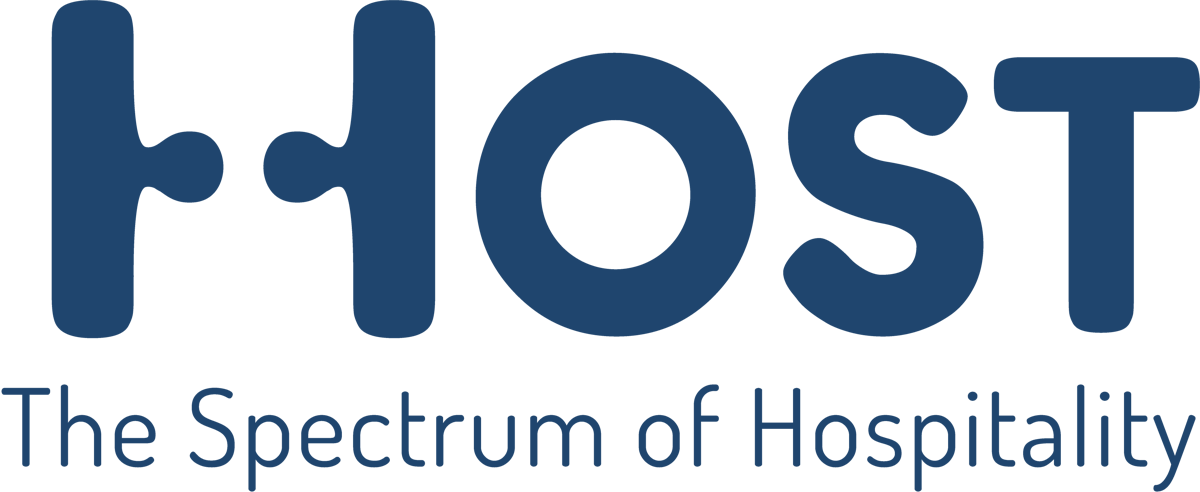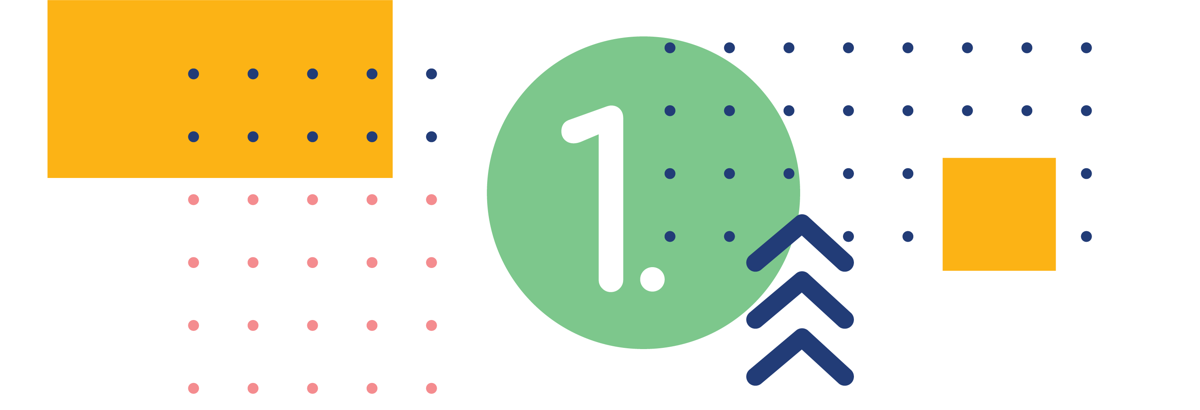The European Economic and Social Committee (EESC) revealed that less than 10% of people with autism are employed (often in low-wage jobs) and even fewer people receive support in terms of skills and personal development in the workplace. Key barriers to their employment are:
- Lack of access to tailored vocational training
- Communication difficulties
- Denial of access to reasonable accommodation
- Prejudices about autism
Autism is associated with many strengths such as attention to detail, visual skills, deep focus, methodical approach and more, making it key to build on these individual strengths to foster successful long-term employment. Evidence suggests that with appropriate preparation and support, they can indeed enter the job market and be competitive in terms of performance, promotions, and benefit awards. A promising EU market sector that presents career opportunities and growth for People with ASD is the Hospitality Sector with a variety of positions ranging from front desk to housekeeping to Food and Beverage and other services such as Spas etc.






